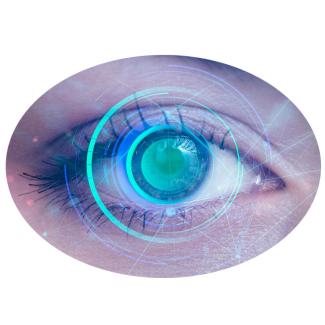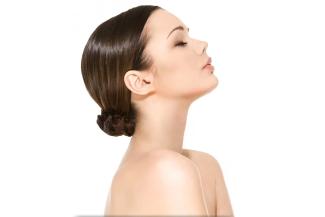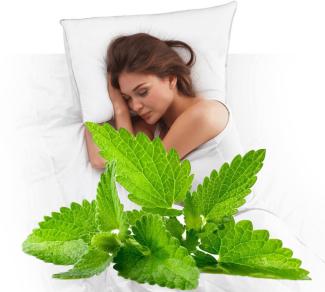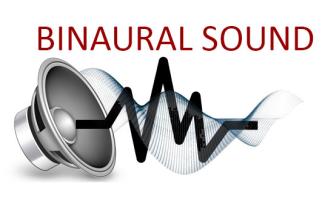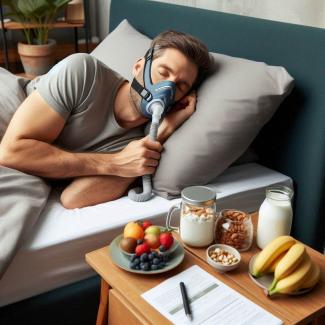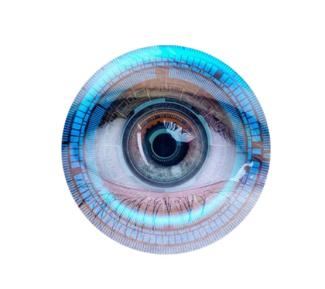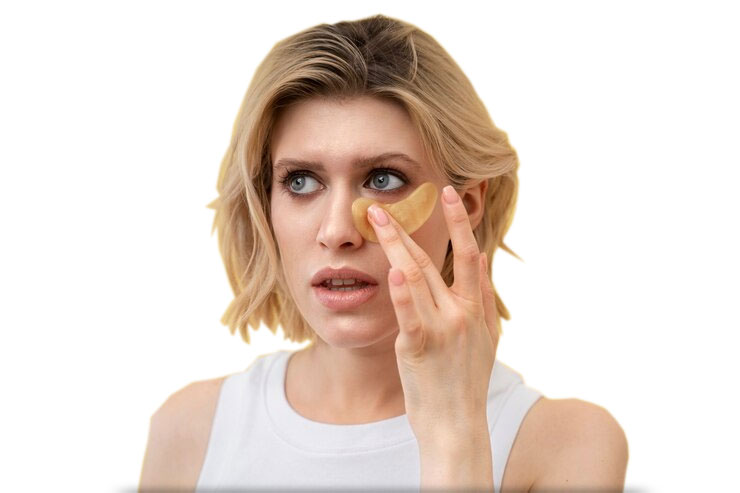
Swollen and puffy face and eyes can occur for various reasons, including fatigue, allergies, excessive salt or fluid intake, lack of sleep, or inflammation. Here are some simple solutions to reduce puffiness and swelling in the face and eyes:
- Cold Compresses:
- Take a cold towel or a cold tea bag, fold it, and place it on the swollen areas of your face and eyes.
- Cold compresses will help constrict blood vessels and reduce puffiness.
- Sleep with an Elevated Head:
- When you sleep, place an extra pillow under your head to elevate it above heart level.
- This can help prevent fluid from pooling in your face and eyes.
- Reduce Salt Intake:
- Excessive salt consumption can lead to fluid retention, which can contribute to puffiness.
- Cut back on salt and consume less salty food.
- Stay Hydrated:
- Adequate hydration can help alleviate puffiness by promoting the removal of excess fluids from your body.
- Use Aloe Vera Gel:
- Aloe vera gel has soothing properties and can help reduce inflammation and swelling in the skin.
- Apply Cucumbers:
- Place chilled cucumber slices on closed eyelids.
- Cucumbers have natural properties that can reduce puffiness and soothe the skin.
- Facial Massage:
- Gently massage your face with circular motions moving from bottom to top.
- This encourages fluid drainage and helps reduce swelling.
- Antihistamines (for allergy-related puffiness):
- If your puffiness is due to an allergic reaction, consult your doctor and follow their guidance.
- Rest:
- Give your eyes and face ample rest, as fatigue can contribute to puffiness.
It's important to note that the effectiveness of these methods depends on the underlying cause of the swelling. If the puffiness persists or worsens, consult your doctor as it may indicate more serious health issues.
Binaural sounds can be a valuable tool for improving sleep and relaxation
Binaural beats are a type of auditory illusion that can be used to promote relaxation and potentially help with better and deeper sleep. They are created by playing two slightly different frequencies in each ear, and the brain perceives a third, "phantom" frequency as the difference between the two. When these binaural beats are played at specific frequencies, they can influence brainwave activity and promote relaxation and better sleep.
Here's a more detailed explanation of how binaural beats work for sleep:
Sleep Apnea: Exploring the Role of Nutritional Deficiency
Sleep apnea, a prevalent and potentially serious sleep disorder characterized by repeated interruptions in breathing during sleep, affects millions of individuals worldwide. Traditionally, the primary risk factors identified for sleep apnea have included obesity, anatomical anomalies of the upper airway, genetic predisposition, and lifestyle factors such as smoking and alcohol consumption.
Why does potassium make you energetic?
Potassium (K) is an important mineral in the body and plays a crucial role in maintaining various physiological functions, including regulating electrolyte balance and the functioning of muscles and nerve cells. When discussing why potassium can contribute to a feeling of energy, several factors need to be considered:
Your eyes can tell you a lot about your blood sugar
Your eyes can provide valuable information about your blood sugar levels, especially if you have diabetes or are at risk of developing the condition. Elevated blood sugar levels can have a significant impact on your eyes, leading to various eye problems and complications. Here are some of the ways your eyes can tell you about your blood sugar:

